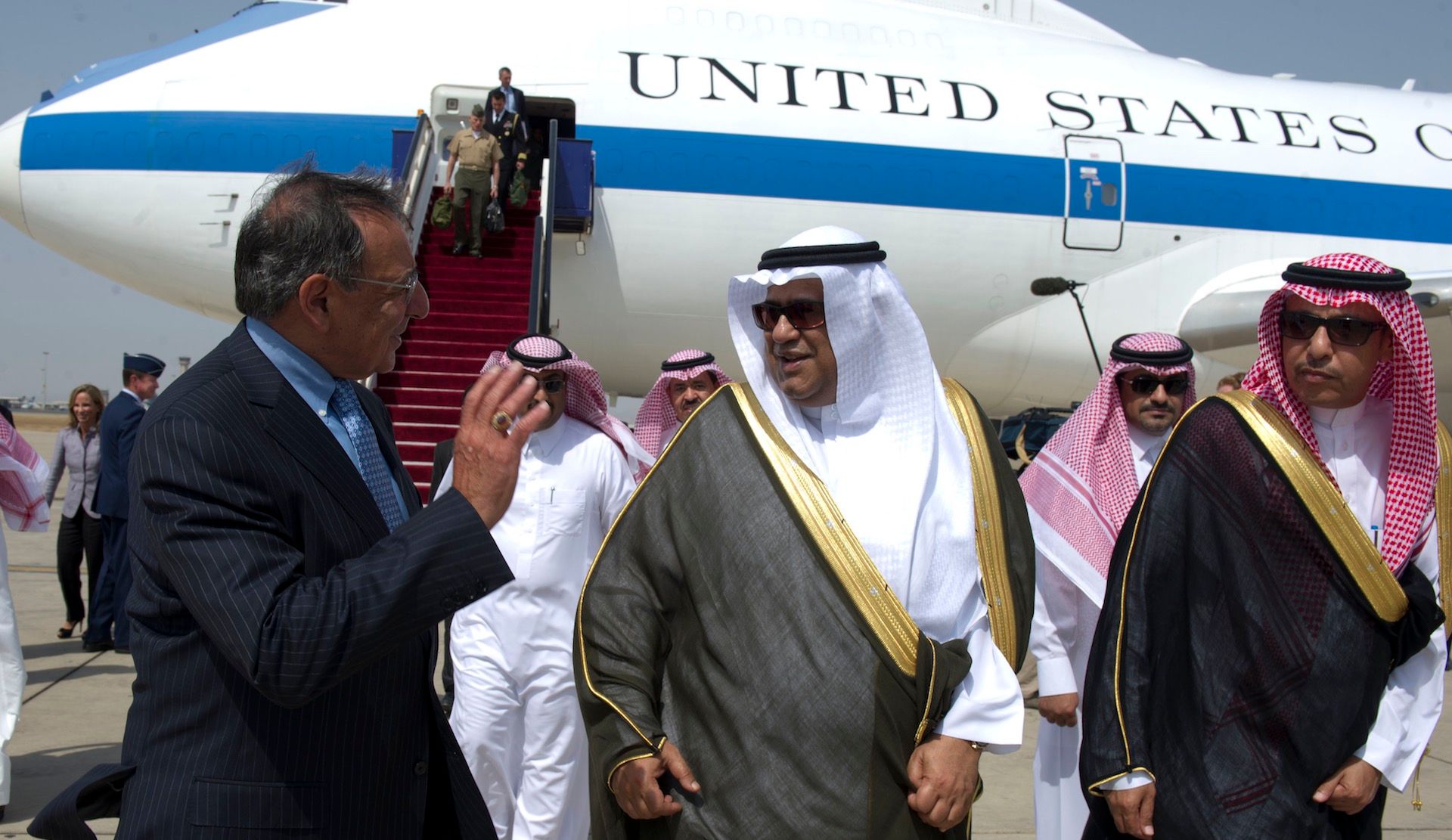Caitlin Fitz Gerald: Facing Reality in Saudi Arabia

Caitlin Fitz Gerald writes about foreign policy, the Middle East, and civil-military relations at Gunpowder & Lead and sometimes at GPS. She is currently turning Carl von Clausewitz’s On War into an illustrated children’s book. You can also follow her on Twitter @cadid.
This week there has been a lot of discussion about Saudi Arabia’s execution of a woman by beheading for witchcraft and sorcery. Amnesty International called the incident “deeply shocking.” I find the horror understandable, but I’m not sure why this incident in particular is getting so much attention. Saudi Arabia has executed a reported 76 people this year, many of them foreign nationals whose embassies were afforded no contact with the accused, many of them on highly questionable grounds. At least one other individual was also executed for sorcery, without benefit of counsel. Beheading is not an uncommon method of execution in Saudi Arabia.
The outrage I have seen over this incident implies a healthy amount of surprise, even shock, that this would happen. No one should be surprised: this is the bargain. This is the bargain that forms one of the key foundations of the Saudi state, and this is the bargain the underlies U.S. cooperation with Saudi Arabia.
The Saudi bargain goes back to the mid-18th century when Muhammad ibn Saud took in the salafist cleric Muhammad ibn Abd-al-Wahhab and threw his political support behind Wahhab’s version of Islam, in exchange for which he got Wahhabi endorsement of the religious legitimacy of Saudi rule. Under this partnership, the al Sauds expanded their control over a significantly larger area of the Arabian Peninsula at the time, and it proved useful again in the early 20th century as – with the help of an alliance with Britain – the family became rulers of what is now Saudi Arabia.
This Saudi-Wahhabi bargain has its fingerprints all over this incident. In 2011, people can be executed for witchcraft/sorcery, although it is ill-defined, not technically illegal, and slippery to disprove. In addition, religious police can hold people for arbitrary reasons; women can be lashed for driving a car; and in some if not all of these cases, even the ruling family may have little to no say. They allow all of this and use their enormous wealth to build schools that spread Wahhabi ideology to Muslims in Pakistan, Malaysia, Bosnia, and all over the world. In exchange, the Wahhabi establishment supports their religious claim to Custody of the Two Holy Mosques and occasionally is called on to publicly support some of the regime’s less popular political decisions.
This is also, if less directly, part of the bargain the U.S. made when deciding to partner with this regime. Our government determined – and continues to believe – that it is worthwhile to support this regime for the access to oil and the strategic regional support and positioning it can provide us. That’s a perfectly valid position to take in foreign policy and national security terms – there are a lot of factors to weigh when determining the national interest and there are legitimate arguments to be made regarding oil costs, military proxy capabilities, basing, and counter-measures against states such as Iran and non-state actors such as al Qaeda – but if we are going to make that bargain, we should do so with eyes open. Part of working with Saudi Arabia is turning a blind eye to the political repression, religious intolerance, and human rights abuses committed by the regime (and its Wahhabi religious partners). If this is something we’re going to do, the least we can do is own up to it, and this means we can’t pretend to be shocked when a woman is beheaded as a witch. These are our partners, this is the bargain they’ve made, this is the bargain we’ve made. If we’re not willing to face the very real consequences and implications of our partnership, if we can’t stomach them, then it’s time to look for more palatable alternatives.
